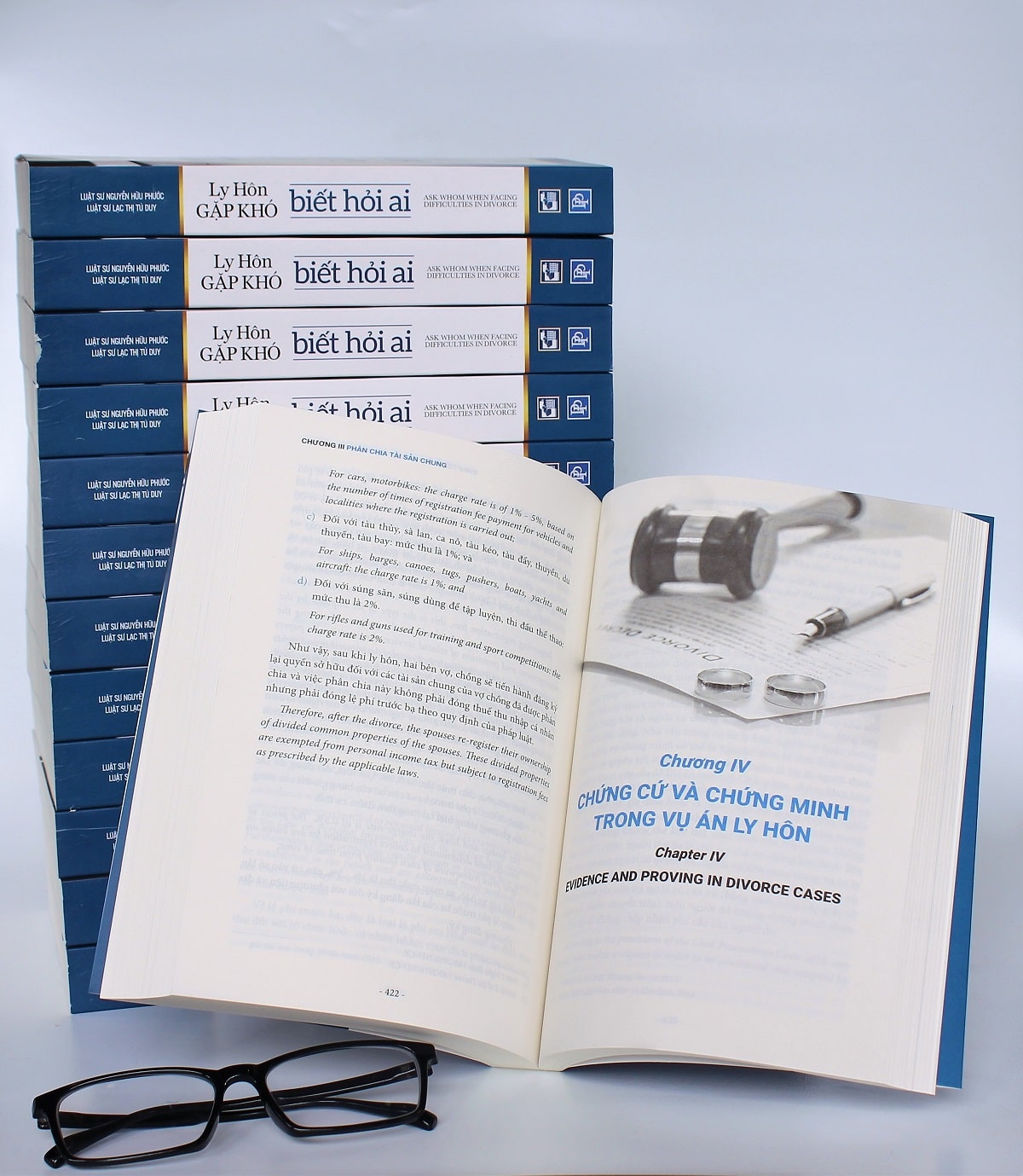About setting the time limit for providing evidence
As analysed above, there are currently two cases where the Court will require the litigant to provide evidence. Firstly, the Court requires the litigant to provide evidence to prove that his or her request is grounded. Secondly, the Court requests the provision of evidence at the request of other spouse or by itself when necessary.
Case 01: The Court requests the litigant to provide evidence to support his or her request.
When the documents and evidence submitted by a spouse is insufficient to prove his or her request in a divorce case, the Judge has the right to request him or her to submit additional evidence to prove such request[3]. In this case, the Judge has the right to set a time limit for the litigant to hand over the documents and evidence. However, it will of course not exceed the time limit for preparation of the first instance trial or appeal of the divorce case as prescribed by law (not exceeding 06 months for the first instance and 03 months for the appellate trial)[4].
Case 2: The Court requests the litigant to provide evidence at the request of other spouse or collects it by itself when necessary.
In this case, the law does not prescribe the right of the Judge to set a time limit for the provision of evidence. In contrast, the Civil Proceedings Code 2015 automatically states that the time limit for providing evidence of the litigant is within 15 days from the date of receiving the request from the Court[6].
On extending the time limit for providing evidence when finding that the time limit for collecting evidence at the Court request is not enough
In cases where the person requested by the Court to provide evidence finds that the allocated time for the collection of evidence is insufficient, he or she has the right to apply for an extension of the time limit. The petition must clearly state the proper justifications for not being able to hand over the evidence at the time requested by the Court. For example, the evidence must be judicially entrusted and translated before being submitted to the Court, so it will be time-consuming. If the evidence are lost documents then they must be re-granted by the State agencies. The petition will be sent to the Court for the assigned Judge to consider whether the reason is proper. If the reason is reasonable, the Judge will extend the time for the litigant to submit evidence. If it is found to be unreasonable, then the Judge may focus on the documents already provided by the spouses to resolve the case. As a result, the person who is unable to provide documents at the Court request will be disadvantaged in proving his or her requests.
[3] Article 96.1 of the Civil Proceedings Code 2015.
[4] Articles 203 and 286 of the Civil Proceedings Code 2015.
[6] Article 106.3 of the Civil Proceedings Code 2015.
If you would like more information on how we can assist you with divorce issues, please contact us at: +84 (28) 36223522 or email us at info@phuoc-partner.com

